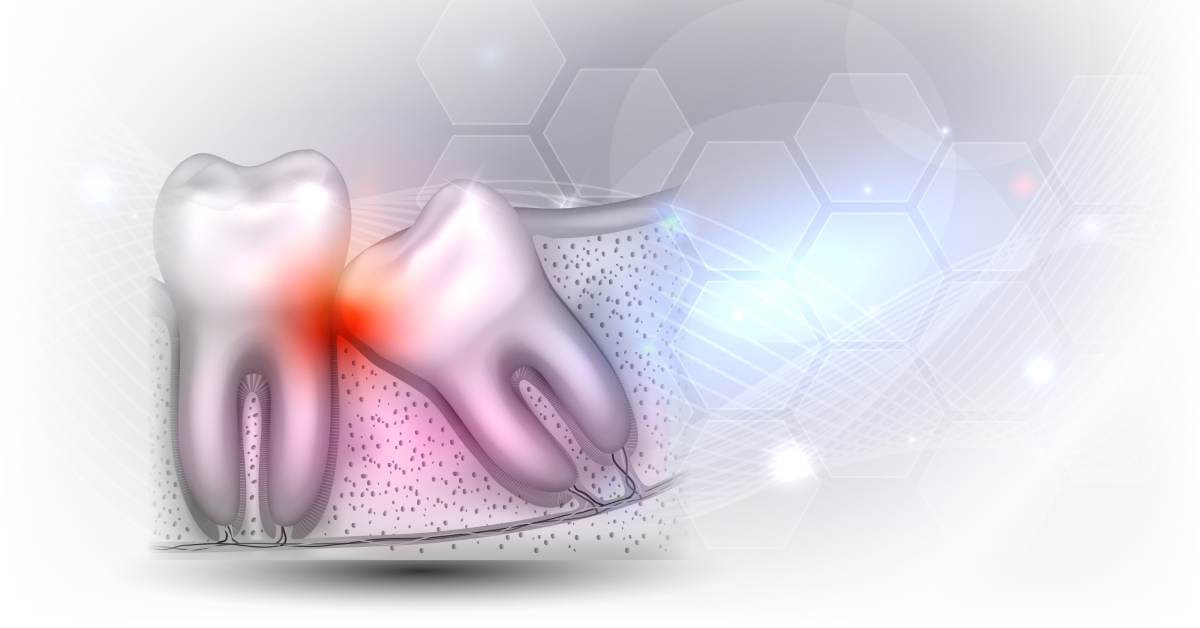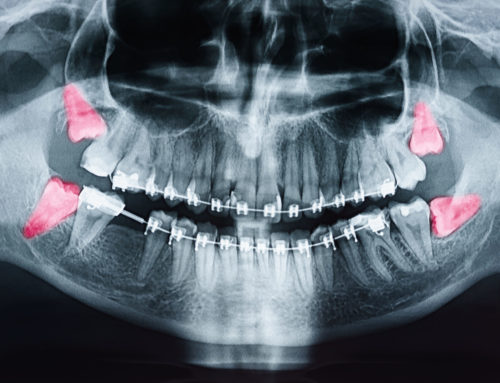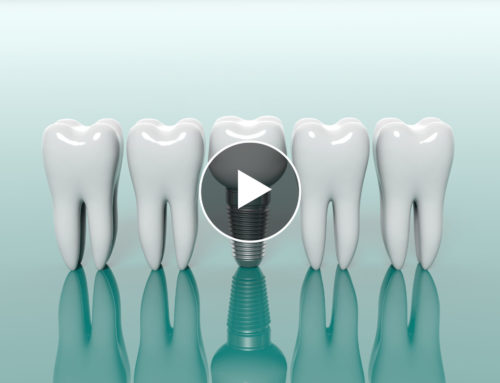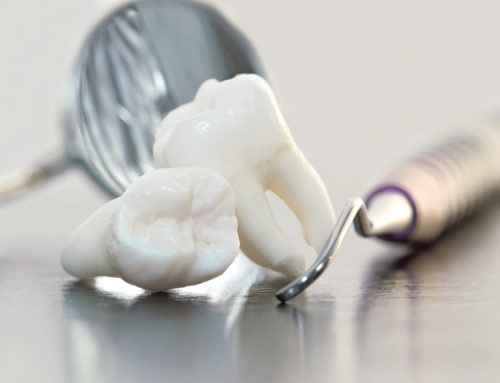There’s a certain saying that comes with older teens and young adults when their back teeth finally grow in. That “saying†is that they must be wiser because they now have their wisdom teeth. However, this is far from accurate when you look deeper into the issues that can arise with wisdom teeth. For example, for most adults, we have to experience dental extractions at some point in our life. Meaning, an oral surgeon has to pull out those so-called wisdom teeth. Therefore, the only wise fact behind wisdom teeth is that they’ll likely have to be removed. Let’s explore the real reasons behind dental extractions below.
How Wisdom Teeth Grow
Wisdom teeth are your third set of molars in the very back of your mouth. By the time you reach 18 and up through your mid-twenties are the years when they typically grow in. But before mankind’s diet changed to processed foods, our ancestors primarily ate whole food vegetation, large land hunt, wild game, and fresh fish. Therefore, they needed the extra back teeth to assist with chewing. However, through today’s evolutions in diet, our jaw size has decreased and back teeth are no longer necessary. It’s rare, in fact, for a person to have all their wisdom teeth come in these days.
Consequently, for most of us, our wisdom teeth either grow in crooked because there’s a crowding issue in our mouth…Or, they don’t grow in at all because there isn’t enough room in our mouth for them to surface. There are four main reasons for dental extractions common to nearly every adult.
Why Dental Extractions Take Place?
So, your dentist pulls up your dental x-rays to show you a problem. Immediately, you dread the words that will proceed, but you must take heed. The x-ray shows any one or more of four reasons to recommend dental extraction.
Small Mouth
Simply put, your mouth has no available room for the wisdom tooth to surface. Therefore, it just sits in the jawline. Most oral surgeons understand the risks that these teeth can present over time if they remain. This is why they primarily recommend removal so they won’t cause additional problems in the future.
Impacted Molars
An impacted molar is a very common reason for extraction, as your teeth are tightly packed along the jawline and pressing up against other teeth and bone. Impacted teeth may attempt to grow and surface but simply cannot achieve success. This can also be painful if left untreated. At the same time, for others, these teeth can remain and live peacefully. But, once they start affecting adjacent teeth, an oral surgeon will recommend dental extraction.
Growth Misalignment
Another common issue with our wisdom teeth is that they can grow in at the wrong angle. Unfortunately, this can cause issues when it comes to chewing and practicing good oral hygiene. Misalignments are teeth that grow in crooked and press into the other teeth. This significantly affects your bite and ability to reach your teeth during cleaning.
Molar Cavities & Gum Disease
Sometimes your back tooth partially erupts into the gumline. However, when you cannot properly reach that tooth to clean it, the gumline opening could eventually collect large amounts of bacteria and cause the tooth to decay within the gums. This kind of scenario can present various issues for cavities and oral disease.
Getting the Oral Surgery Care You Deserve
Most dentists will monitor the activity of your wisdom teeth each year by viewing dental x-rays and watching for changes. At the first sign of a problem, they will recommend dental extractions to help you avoid more pressing issues down the line. The oral surgeons of OMSH usually receive referrals from local Houston area dental practitioners and perform dental extractions as recommended. For the best oral surgery care from the most experienced dental practitioners in town, contact OMSH.
We specialize in extractions, other complicated and more delicate oral and facial surgeries, as well as dental implantology. Our skilled oral maxillofacial surgeons are the only dual medical and dental practitioners who can also administer anesthesia. Let us take care of you! Schedule an appointment.






